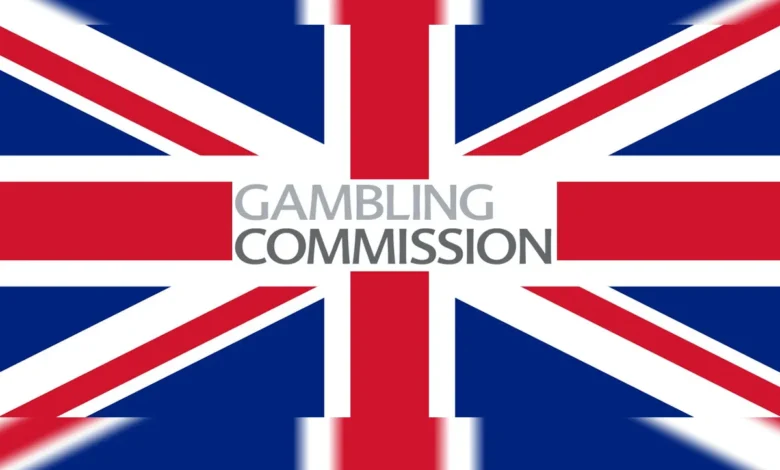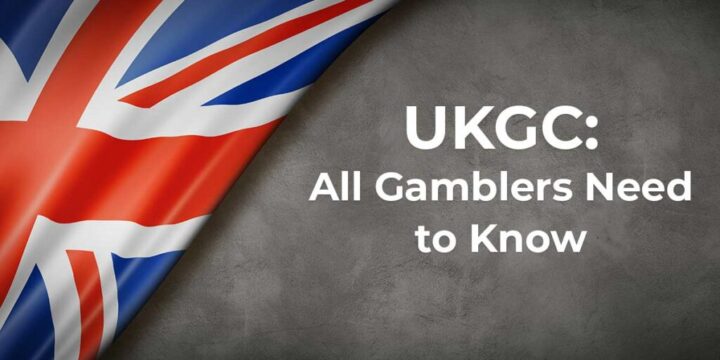How Does the UKGC Combat Illegal Betting?

Despite the regulation of the market, illegal betting is still a rife problem in the UK. There are around 200,000 people in the UK who regularly use illegal betting sites, and a total of around 27 million visits to black-market betting sites. While the vast majority of traffic is to licensed and regulated sites, plainly the illegal betting is still a big problem.
So, what does the UKGC do to combat this illegal betting? There are a few key things, so let’s take a look.
1. Fines

Naturally, one of the best tools to combat black-market betting is fines. The UKGC does not hesitate to dish out massive fines to even regulated operators for transgressions of the rules. One of their large fines was almost £10 million to 888 for a widespread failure to address issues of money laundering.
Naturally, illegal gambling sites are, by their very nature, a transgression of regulations. But given the potential size of fines, they are often enough to discourage illegal bettors from operating. With fines of this size, there is a clear deterrent in place. If a small, illegal operator is found out, they risk being entirely bankrupted by the large fines. findbettingsites.co.uk shows the number of new companies entering the market, and many of these will fail due to breaches of regulations that can be costly. In the worst cases, short prison sentences are also used.
Fines might often seem like a slap on the wrist to the biggest operators, but to small illegal operations, it can be enough to permanently put them out of business.
2. Permanent license bans

Another way that the UKGC aims to discourage problem betting is by permanently banning offenders from ever being able to get a license to operate legally. This can be done against individuals and groups of individuals. Many illegal operators may simply be impatient, wishing to get their services out without the lengthy process of applying for a license. That said, they may still aspire to be licensed in the future.
By banning offenders from ever being able to legally acquire a license, these kinds of negligent practises are discouraged, and thus illegal betting is combated. Of course, this isn’t enough on its own, and most illegal operators are just that. They intend to operate illegally until they are caught.
With the modern web in the state it is in, fully preventing access to illegal sites becomes very difficult. For that reason, one of the best tools for combatting illegal betting lies not with fines and penalties for those running the sites—but in campaigns to discourage their use in the first place.
As seen in countries like Sweden, their efforts to combat offshore and unlicensed casinos have been pretty unsuccessful to the extent where they recently decided not to continue with plans to pursue such sites. If you look at the Swedish market, search terms like “casinos without swedish license” are currently at a high of 32’000/month with that number increasing month on month. The Australian government has arguably taken a better approach and currently blocks access through their ISPs to both the casinos themselves and also the affiliate sites that promote them – which has proven to be quite effective.
Aside from targeting the sites/casinos themselves, governments can look to go after the payment operators. As often is the case, gamblers prefer to use credit or debit cards to place bets, and these operators must link up with the UK banks to acquire this money and that’s where the opportunity lies. Government agencies can work with Visa and Mastercard to ensure their services are not exploited by these offshore casinos and if cooperation is not found, fines can be issued to these payment operators.
3. Awareness campaigns
The UKGC runs all sorts of awareness campaigns to help people to understand the risks of problem gambling. Problem gambling is a big issue in the UK. Problem gamblers are typically around £10,000 in debt before they seek any help. This leads to widespread social problems.
Awareness campaigns aim to highlight these issues before they can occur, and particularly target young people. The UKGC spearheads many such campaigns, such as Problem Gambling Awareness month, in March.
As I said, it can be very difficult to fully prevent access to illegal sites. So, it is equally, if not more important to highlight why such sites are dangerous to use. Campaigns in the past have focused on how gamblers can not self exclude from the majority of these sites, their money is not as protected if these sites shut down and their payment info is also not secured properly, as these casinos often use shady payment operators. These sites also tend to use hacked or counterfeit casino games, where they odds are stacked (even more) against the gambler, to the extent that it is almost impossible for you to find. Other reports point at people being refused the chance to withdraw winnings, with these offshore sites citing hidden terms and coming up with “verification” excuses, and if this is the case you won’t have the UKGC there to back up your claims.
4. Collaboration

Finally, the UKGC couldn’t do its best work on its own. It needs to collaborate with other organisations to get the widest reach and the best results. The UKGC works with a number of other bodies, including betting operators themselves, to ensure that information exchange promotes safe betting. They also work with governing bodies around different sports to make sure that the campaigns are as effective as possible.
Again, without working closely with the organisations that actually provide the service, and indeed data on the problems, the UKGC would be much less effective in combating illegal betting.
The UKGC is very far from idle, then, when it comes to this issue. Illegal betting leads to huge issues with problem gambling in the UK, and so the issue must be tackled if problem gambling and illegal betting are to be properly addressed. The UKGC clearly has sweeping powers already and has done a great deal to tackle the issue, but there is still a long way to go.
